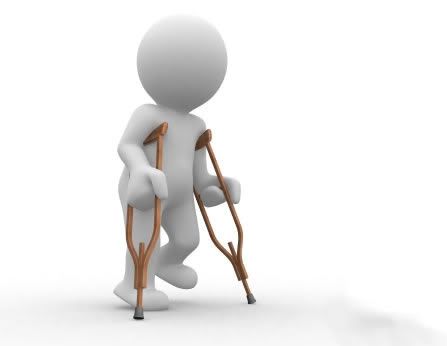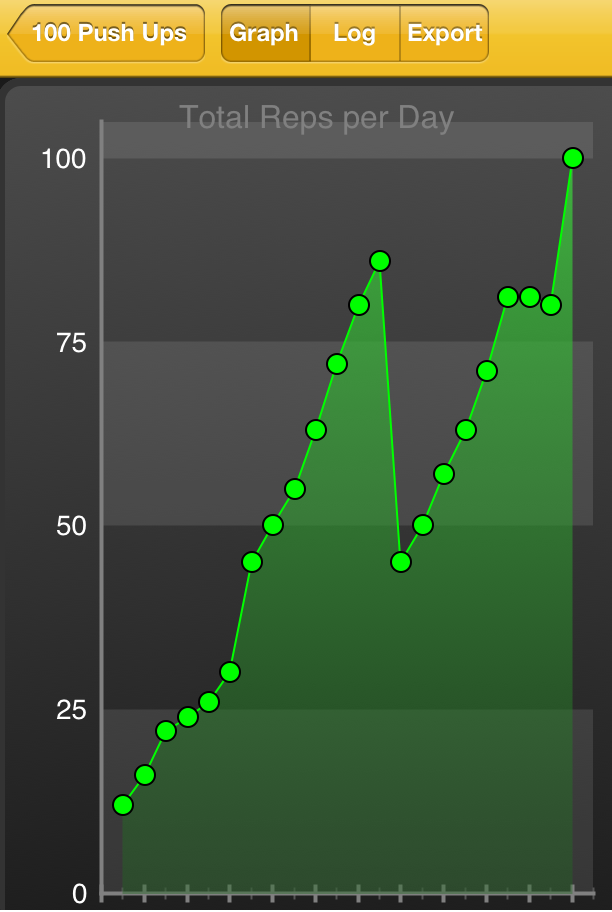Remember you can vote once per day for the About.com Atheism Awards. I’m one of five nominees for Best Atheist Blog. More details here.

Brian S. had a couple of questions after reading my post yesterday about my plans for Lent. He wrote:
I disagree, or at any rate don’t feel that you’ve demonstrated that sufficiently. I could make the argument, as you almost do, that “getting one over on someone” is a natural human feeling, and you’re finding a healthy outlet for it. Or I could argue that what you’re feeling isn’t a sense of having outfoxed someone, but rather just a misinterpretation of your pleasure at getting something for nothing – since it’s often the case that doing that does involve taking advantage of something, you’ve been conditioned to associate the two implicitly.
Also, I see no reason why giving anything up for Lent is meaningful. Presumably you don’t find religious value in Lent. Are you giving things up because “that’s what some other folks are doing during Lent”? (That’s not a good reason to do things, generally.) Or is it just an excuse to give something up that you feel you ought to give up? (If so, you should give it up regardless, and should question why you need excuses to make sensible life decisions. However, I still feel that giving up free food is NOT a sensible life decision.)
I’ll take the second part first. I’m doing this specificallyfor Lent mostly because it’s easier for me to make a commitment and stick to it when I’m making it in some kind of structured way. I hate exercising and I’ve never managed to stick with it until I got the 200 sit-ups and 100 push-ups apps. The entire structure of those programs are available online, so I could have tried to follow along on my own, but making a little ritual out of using the app and watching the graphs grow keeps me on track.

You could argue it would be ideal to be able to keep up an exercise regime out of sheer grit and determination, but I don’t know that I buy that. It wouldn’t be better for me to exercise without music on, simple because it was less palatable. The good I’m pursuing is the continued health of my physical body, not a love of exercise, so it’s reasonable to exploit my brain’s feedback loops to stay motivated.
Similarly, it’s easier for me to pause and think about what I need to change and how when a lot of my friends are all doing the same thing for a specific period. Since I graduated from college, there’s a lot less structure to my year. Work goes on year round, without any of the cycle of midterms and finals. And, thanks to modernity, even the temperature doesn’t shift that much season to season (except in my bedroom, where there is no heat). I like that my vicarious experience of the liturgical calendar gives a little structure to my life. Lent is a lot more structured than New Year’s Resolution season, and it’s easier to make a commitment and see how you change when you’ve got a deadline.
Ultimately, I couldn’t disagree more with Brian’s comment that Lent is a shameful crutch and that “[Y]ou should give it up regardless, and should question why you need excuses to make sensible life decisions.” There’s nothing wrong with outsmarting yourself. The brain evolution has given me doesn’t always function well. If you want to break habits, or lay down new ones, you’re trying to subvert the circuits you’ve already got. Whether you rely on stickk, or Lent, or try and make a go at Skinner-style conditioning, the important think is that you’ve made a choice to remake yourself.
Ultimately, when it comes to character reformation, the goal goes a little beyond training yourself to respond appropriately to stimuli. The goal is to both do the good thing and to want to do it because it is good. If you figure out a way to make it easier to switch to doing the right thing, you’re doing it because you’ve already decided you want to do the good thing. So sure, Lent is for the weak, but we’re all deficient in this way; we do what we do not want to do and hate what we do. Using Lent to smooth the change is like using training wheels on a bike; eventually, I hope my will is reformed enough to hold to the good regardless of the season.
Part two of my answer to Brian, about why I chose this discipline, is now up.











